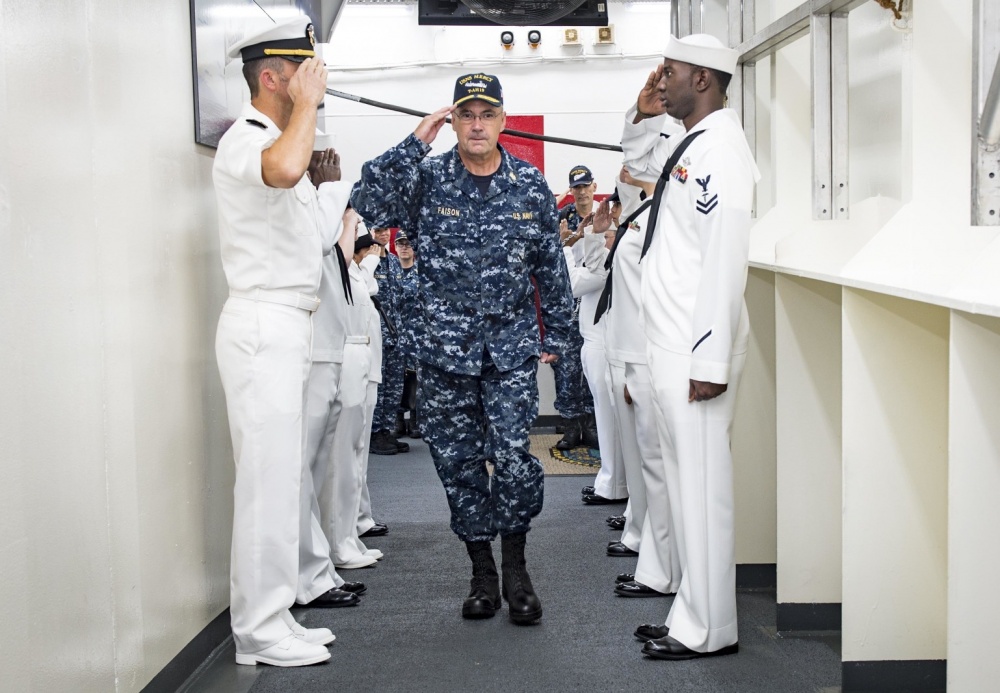
By Naval Center Combat & Operational Stress Control Public Affairs
Living with a service member who has suffered a traumatic brain injury (TBI) is one of the greatest challenges a military family, or any family, can face. Physical wounds associated with the condition most likely will heal, but the “well” person may be very different. Patients with a mild TBI— also called a concussion—usually improve with time, education about the condition, reassurance and the expectancy that they will get better. Moderate or severe TBI, however, becomes more problematic because changes in personality often occur.
The “new” person is not the same as the “old.” This is an emotionally exhausting experience for a family. Improvements and rehabilitation do occur but caregivers’ high expectations often are coupled with long changes of no improvement or even more negative changes arising. “Family members are going to experience a real roller coaster of emotions,” says Navy Capt. Paul S. Hammer, M.D., the director of NCCOSC. “There will be times of great joy but also periods of grief, anger, denial and resentment.”
Hammer stresses that TBI caregivers must practice self-care for their own psychological health. “The family members’ well-being is not only critical for themselves, but also for the wounded service member, who needs as much normality around him as possible,” he says. Hammer adds that research also has found there is a direct relationship between a family’s ability to adapt and cope with the trauma of the injury and the patient’s success with rehabilitation.
While surveys have shown that caregiver families often say they don’t need social support, research shows that a strong support network is critical for the service member’s family to function at a healthy level. “There can be a strong tendency to isolate but it’s one of the worst things you can do,” says Hammer. “Brain injuries are complicated matters. Make time to educate yourself and get the resources you need — that helps immensely in building resilience.”
Another important tack for caregivers is positive communication with the injured service member. “When we’re under stress,” says Hammer, “we tend to only see what’s wrong. Instead, look for what’s right and tell your patient. Attitude is key, both for the caregiver and the TBI sufferer.” An excellent starting point to learn more about traumatic brain injury is the Defense and Veterans Brain Injury Center, 800-870-9244, www.dvbic.org.
 Navy Medicine World Class Care… Anytime, Anywhere
Navy Medicine World Class Care… Anytime, Anywhere




